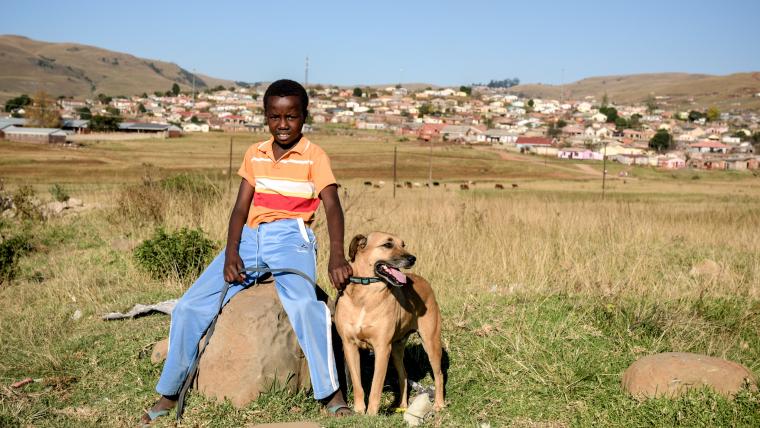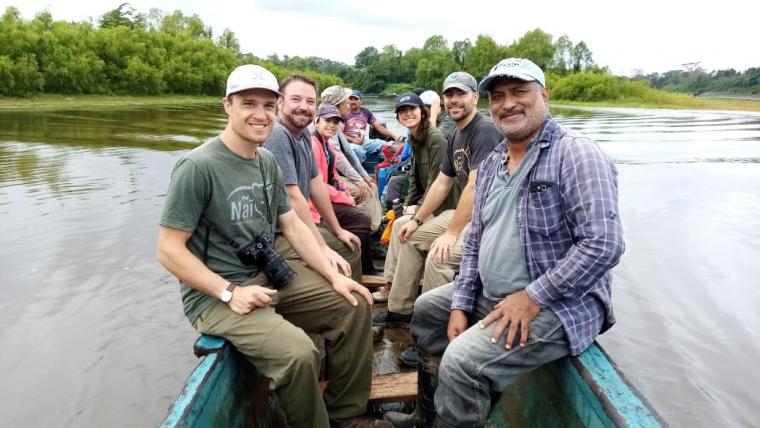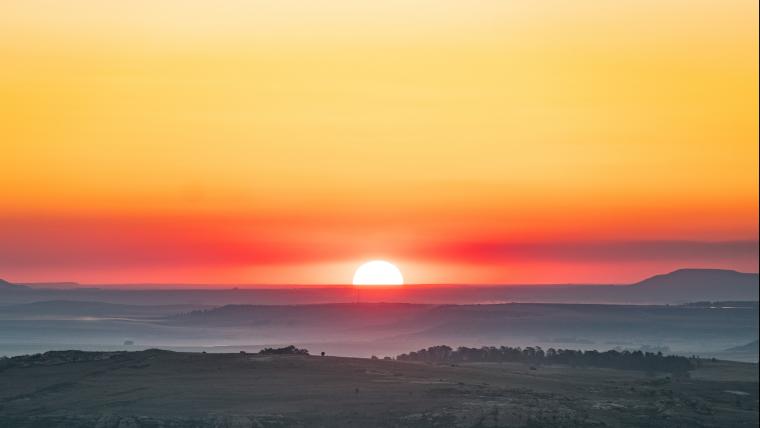
In Borneo, hope is rising for the sun bear
In Borneo’s bustling forests lives a bear you’ve probably never heard of. Born with a golden bib that resembles the crack of dawn, it’s known as the sun bear. But this creature is facing a future shrouded in darkness. In the last three decades, their population has plummeted by more than 30%, making it one of the rarest bears in the world.
Sun bears were once widespread in the lowland forests of Southeast Asia, ranging from Bangladesh to Borneo. Today, the majority have been forced to seek refuge in the protected areas of these regions. Weighing approximately 35 kilograms, they are the smallest of the eight bear species and their modest stature allows them to claw their way through the canopies. Despite their name, sun bears are nocturnal animals and prefer to doze in the daylight in handcrafted twig beds. But at night, they come out to play an important role.
Much like their relatives, sun bears have a hankering for the sweeter things in life. Although their diet primarily consists of fruit and insects, they search high and low for hives of honey. Their 25-centimetre-long tongue functions as a straw, slurping up the sugary liquid or termites in seconds. This insatiable appetite makes them a keystone species. As the forest’s engineers, they help disperse seeds and control pests, maintaining the balance of their rich ecosystem. Puncturing the bark for fare, sun bears also create dwellings for critters like flying squirrels and hornbills.
But today, these animals have all but disappeared from the treetops. Palm oil plantations in Southeast Asia have wiped out the sun bear’s habitats, with 3.5 million hectares of tropical forest lost to the growing industry in just 30 years. Displaced and vulnerable, these small bears have become easy targets in the illegal pet and bile trade. Adults are slaughtered to keep up with the increasing demand for bear bile in traditional Chinese medicines, while their young are sold and raised as pets. Due to their cute appearance, sun bears have become valuable in the exotic wildlife industry. Cubs are torn from their mothers and kept in tiny cages without proper nourishment. These poor living conditions lead to severe physical and psychological problems, with many unable to return to the wild.
But there is hope on the horizon for the sun bear. The Bornean Sun Bear Conservation Centre in Sabah is dedicated to giving these bears a better life. Founded in 2008 by Wong Siew Te, the sanctuary rescues and rehabilitates orphaned, captive, and wounded sun bears in the area. Situated in the heart of the Sepilok forest, the centre boasts the largest natural enclosure for these bears to make a speedy recovery and transition into the wild. Along with their welfare work, the organisation also educates the local community about the plight and protection of sun bears through a series of outreach programmes. The smallest bears on Earth are also one of the most significant. By safeguarding their species, the sun bear can continue to make the world a brighter place.
Footage by Bornean Sun Bear Conservation Centre, Chiew Lin May, Seng Yen Wah and Tee Thye Lim, and the Sabah Wildlife Department was used in the creation of this film.






























Please sign in to leave a comment